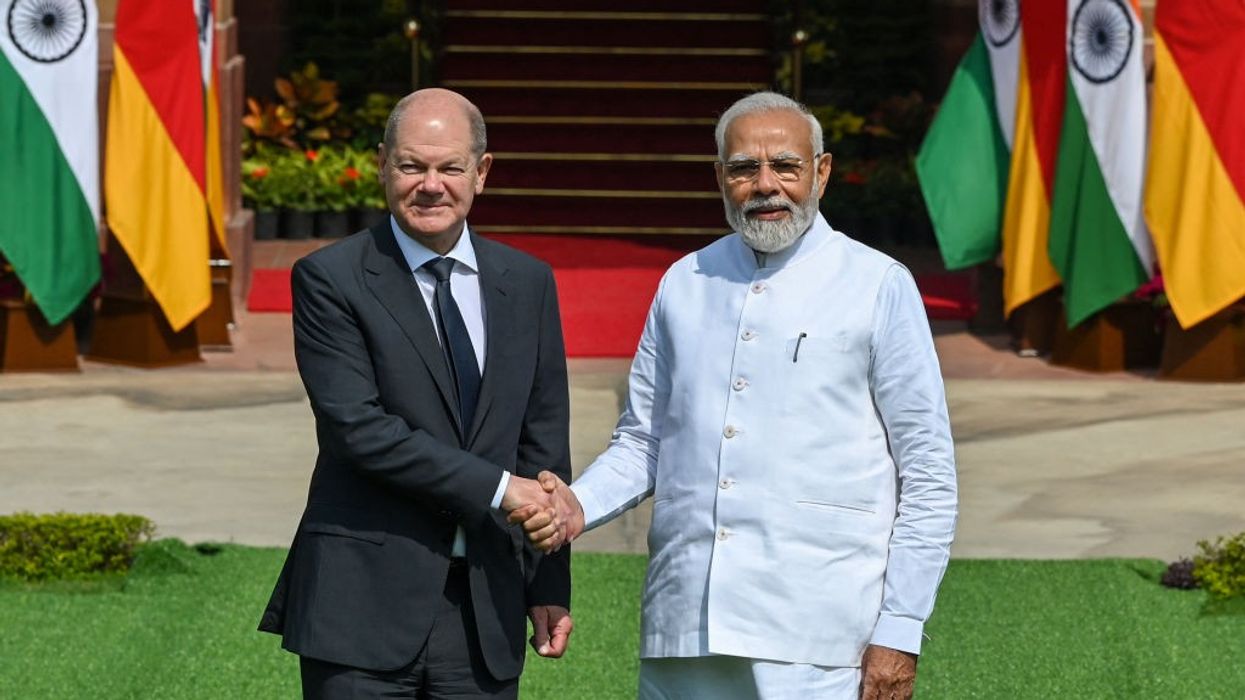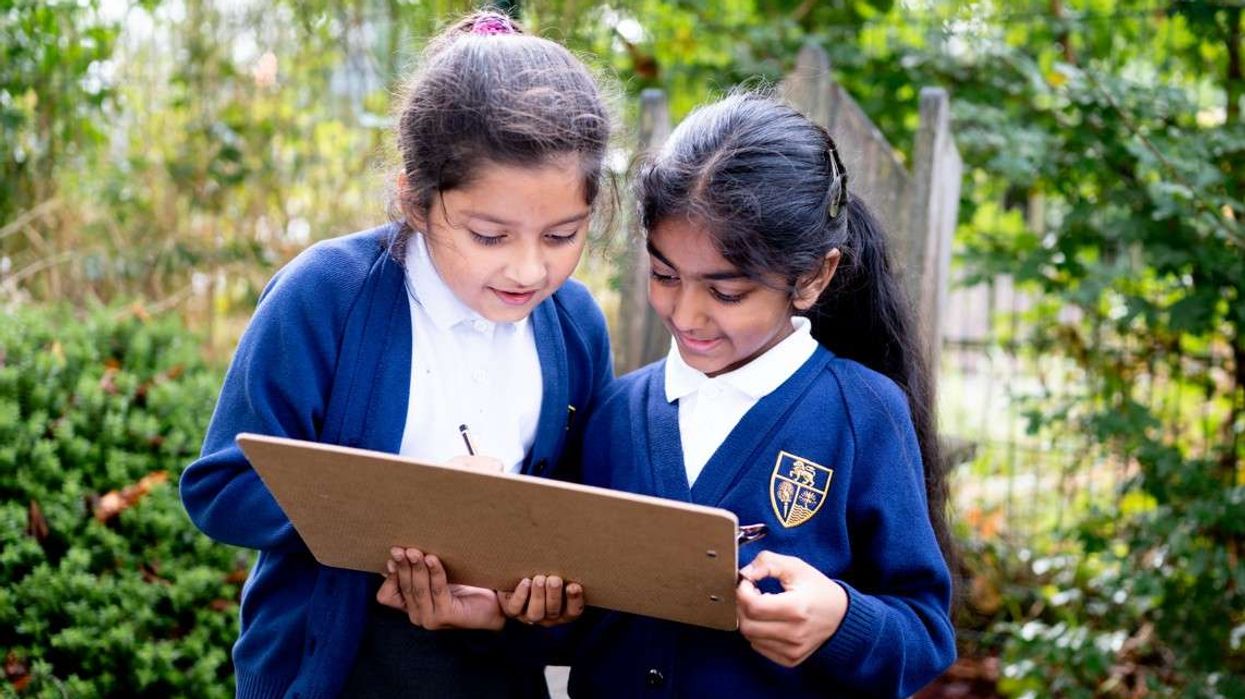GERMAN chancellor Olaf Scholz said on Saturday (25) that he and India's prime minister Narendra Modi were committed to sealing a free trade deal between India and the European Union (EU).
"It's an important topic and I'll get personally involved," Scholz said after his meeting with Modi in New Delhi.
The EU and India revived negotiations to forge a free trade agreement last year with the aim of completing talks by the end of 2023.
For the EU, a free trade agreement with India would fit its strategy of increasing engagement with the Indo-Pacific region, where the bloc is targeting bilateral deals to take advantage of expected higher economic growth. The deal could also act as a counterbalance to China's growing influence in the region.
Scholz met Modi a day after the first anniversary of Russia's invasion of Ukraine. His visit along with a large business delegation highlighted Delhi's growing importance to Western powers seeking backing for their opposition to Moscow's war.
"The war has been going on a full year now. It's a horrible war with much destruction... It is a big catastrophe," he said.
"The world is suffering from this aggression... but we will do everything we can so that the world remains a good place," he said adding that cooperation between India and Germany was "very, very important".
Modi has been seeking to steer an ongoing Group of 20 meeting away from discussion of the war in Ukraine. His government has not openly criticised Moscow for the invasion and instead called for dialogue and diplomacy to end the war.
India has also sharply raised its purchases of oil from Russia, its biggest supplier of defence hardware, although prices have fallen.
Modi said India and Germany were committed to realising their untapped potential in sectors such as security and defence cooperation.
Scholz is also set to push hard for a $5.2 billion (£4.4bn) deal to sell India six conventional submarines, though this latest attempt by a Western military manufacturing power to wean New Delhi away from its dependence on Russia for military hardware is not expected to yield an immediate result.
Germany's pivot to India is particularly stark, given that close economic ties to China, the main buyer of German machine tools, and Russia, its key energy supplier, have played in German prosperity over the past 15 years.
While one of the stated goals of the lightning trip is to improve economic ties, officials are mindful of the need to press what will soon be the world's most populous country into opposing Russia's invasion, even if a severing of India's economic ties with Moscow is not on the table.
"I’m convinced that our countries are closely linked, that we have common views, especially when it has to do with democracy," said Scholz.
Many in the Global South see Western complaints about the invasion as hypocrisy, given their long history of military interventions around the world, and fear disrupted supply chains and inflation will cause hunger and famine.
Scholz last met Modi at a June summit of the Group of Seven industrial powers, to which he invited the Indian leader as part of outreach efforts that have become more urgent as concerns grow that China may step up its political support for Russia.
While China is one of Germany's most important trading partners, the invasion brought home to many in Germany's business community the lack of diversification in the supply chains on which they rely, lending new urgency to efforts to boost exposure to a huge potential market.
Scholz said the investments of the 1,800 German companies already in India should be increased.
Despite the interest, regulation and trade barriers make India a tough market for German companies to crack.
The two leaders also discussed climate change and members of the business delegation signed agreements in wind, solar energy and green hydrogen sector.
(Reuters)














